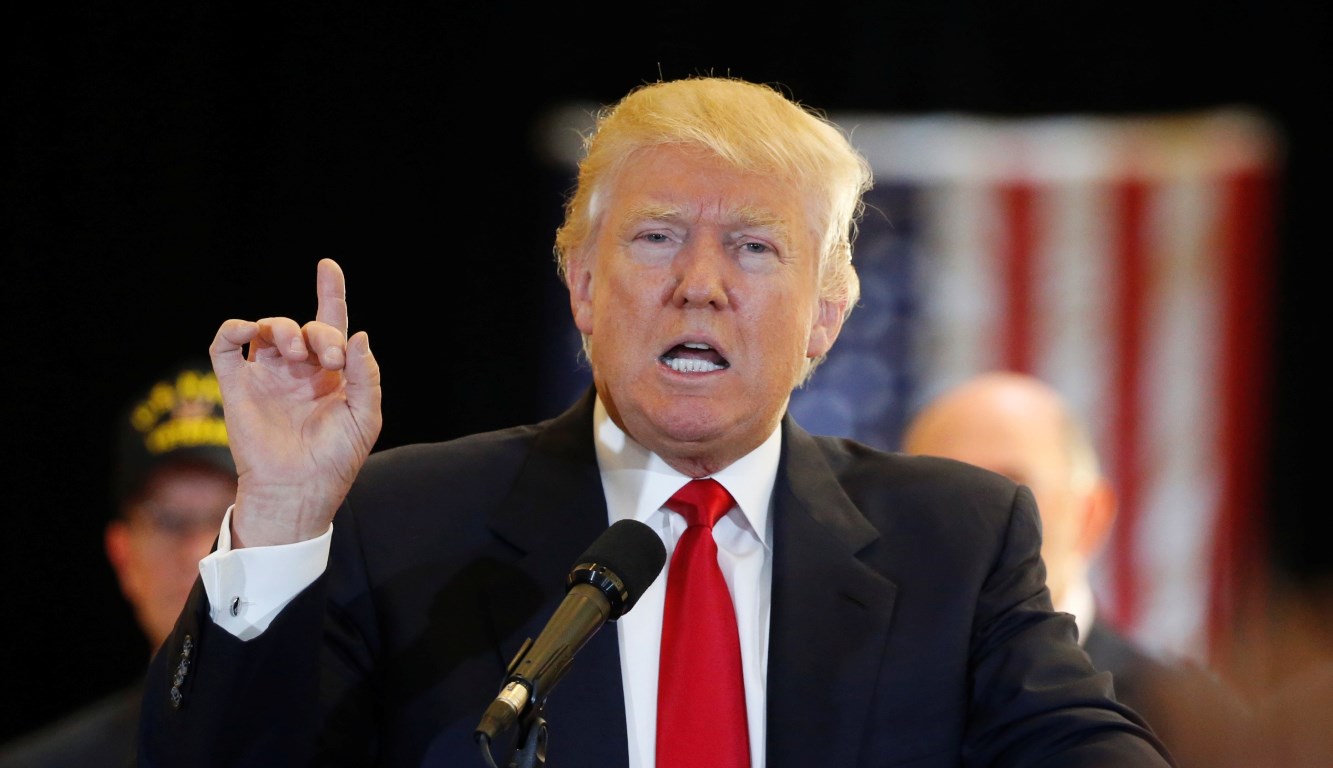Trump can’t block
May 24, 2018 | Expert Insights

A US judge has ruled that President Donald Trump cannot block people on his Twitter account. The judge stated that as he is the leader of the nation, blocking US citizens would violate their first amendment rights to participate in a “public forum”.
Background
US First Amendment
The First Amendment (Amendment I) to the United States Constitution prevents Congress from making any law respecting an establishment of religion, prohibiting the free exercise of religion, or abridging the freedom of speech, the freedom of the press, the right to peaceably assemble, or to petition for a governmental redress of grievances.
Trump Presidency
US President Donald Trump is a polarizing figure in world politics. He has found himself being criticized for his actions and his statements in the past. He has been accused of sexism, misogyny, racism and more. He also initiated a travel ban that barred visitors from largely Muslim nations from travelling to the US.
He has consistently and continuously attacked the nation’s free press. He has often used his Twitter platform to launch verbal attacks on the New York Times and the Washington Post. He has often taken to calling the CNN, “Fake News.” Unlike previous Presidents of United States, Trump is extremely active on his Twitter platform. He has used his account to directly engage with his critics and his fans. In addition to this, he has in the past announced key US policy changes including foreign policy through Tweets. This practice has been criticized by former diplomats.
President Trump has also blocked many of his most vocal critics on his personal account including US citizens.
Analysis
The Knight First Amendment Institute, which is part of Columbia University, sued President Trump on behalf of seven citizens who had been blocked from accessing his tweets. They were critical of the President in the past before they had been blocked.
Generally, people who use Twitter have the tools to ‘block’ other accounts and users can also follow other Twitter users. However, the Knight First Amendment Institute argued that as the President of the United States, Trump should not ‘block’ US citizens. Now, a US judge from New York has ruled that Trump blocking people on Twitter actually infringes on their First Amendment rights to criticize public office. The judge noted that the account ‘@realdonaldtrump’ is essentially a space operated by the government for government business, and therefore, cannot curb speech based on people’s viewpoints.
The United States district judge Naomi Reice Buchwald wrote: “The president presents the @realDonaldTrump account as being a presidential account as opposed to a personal account and, more importantly, uses the account to take actions that can be taken only by the president as president. Because no government official is above the law and because all government officials are presumed to follow the law once the judiciary has said what the law is, we must assume that the president and [digital director Dan] Scavino will remedy the blocking we have held to be unconstitutional.”
"This case requires us to consider whether a public official may, consistent with the First Amendment, 'block' a person from his Twitter account in response to the political views that person has expressed, and whether the analysis differs because that public official is the President of the United States," Buchwald said said in her opinion. "The answer to both questions is no."
“We’re pleased with the court’s decision, which reflects a careful application of core First Amendment principles to government censorship on a new communications platform,” said Jameel Jaffer, the Knight Institute’s executive director in a statement. “The President’s practice of blocking critics on Twitter is pernicious and unconstitutional, and we hope this ruling will bring it to an end.”
A Justice Department spokesman said, "We respectfully disagree with the court's decision and are considering our next steps." The Justice Department has 60 days to appeal the ruling.
Assessment
Our assessment is that the First Amendment prohibits government officials from suppressing speech on the basis of viewpoint. The court's application of that principle could likely be used as a guide for all public officials who are communicating with their constituents through social media. However, given the nature of personal attacks that tend to take place over social media platforms like Twitter, it can be argued that public servants should also be given the freedom to block those they feel are harmful to their process.








Comments